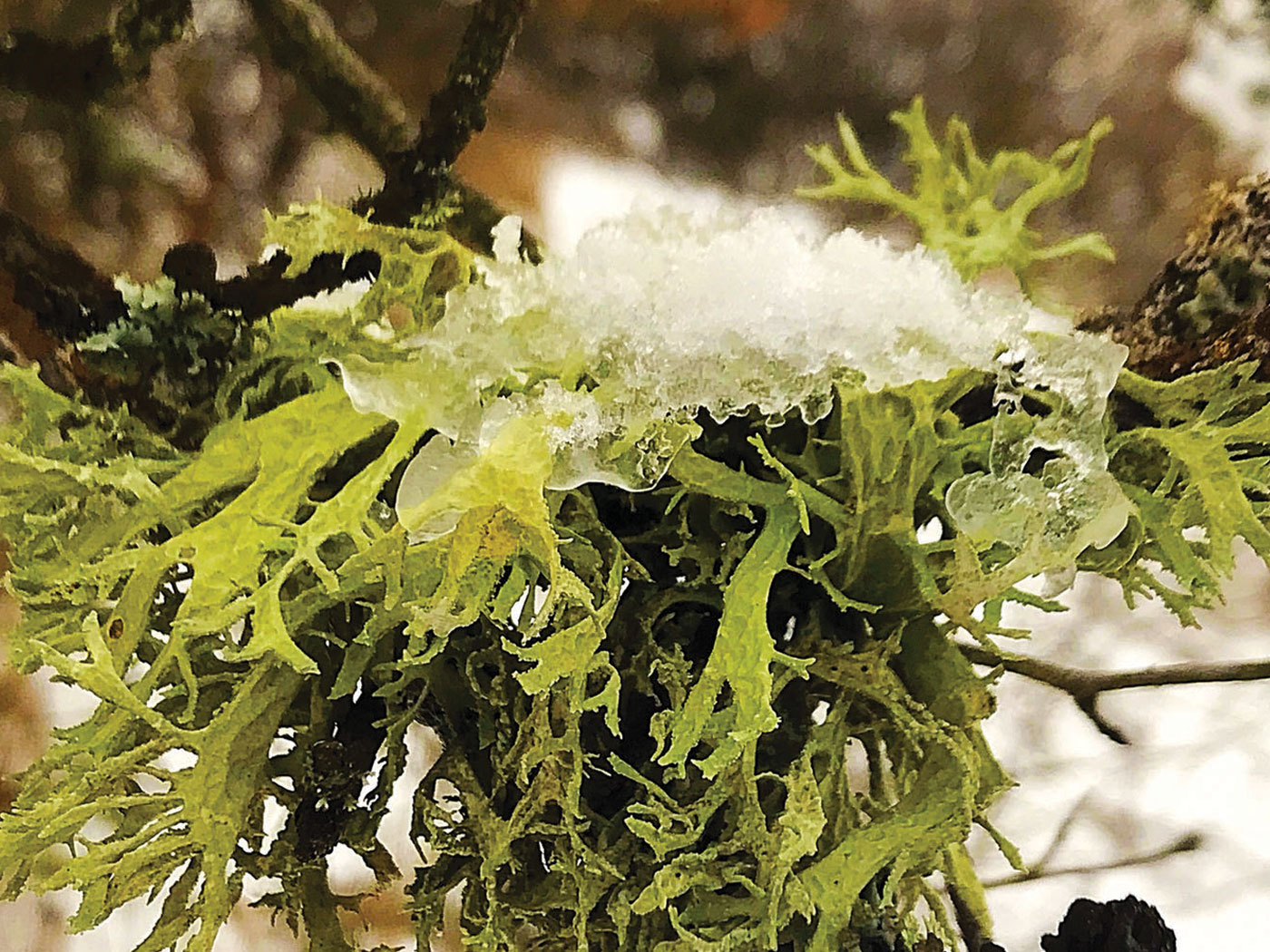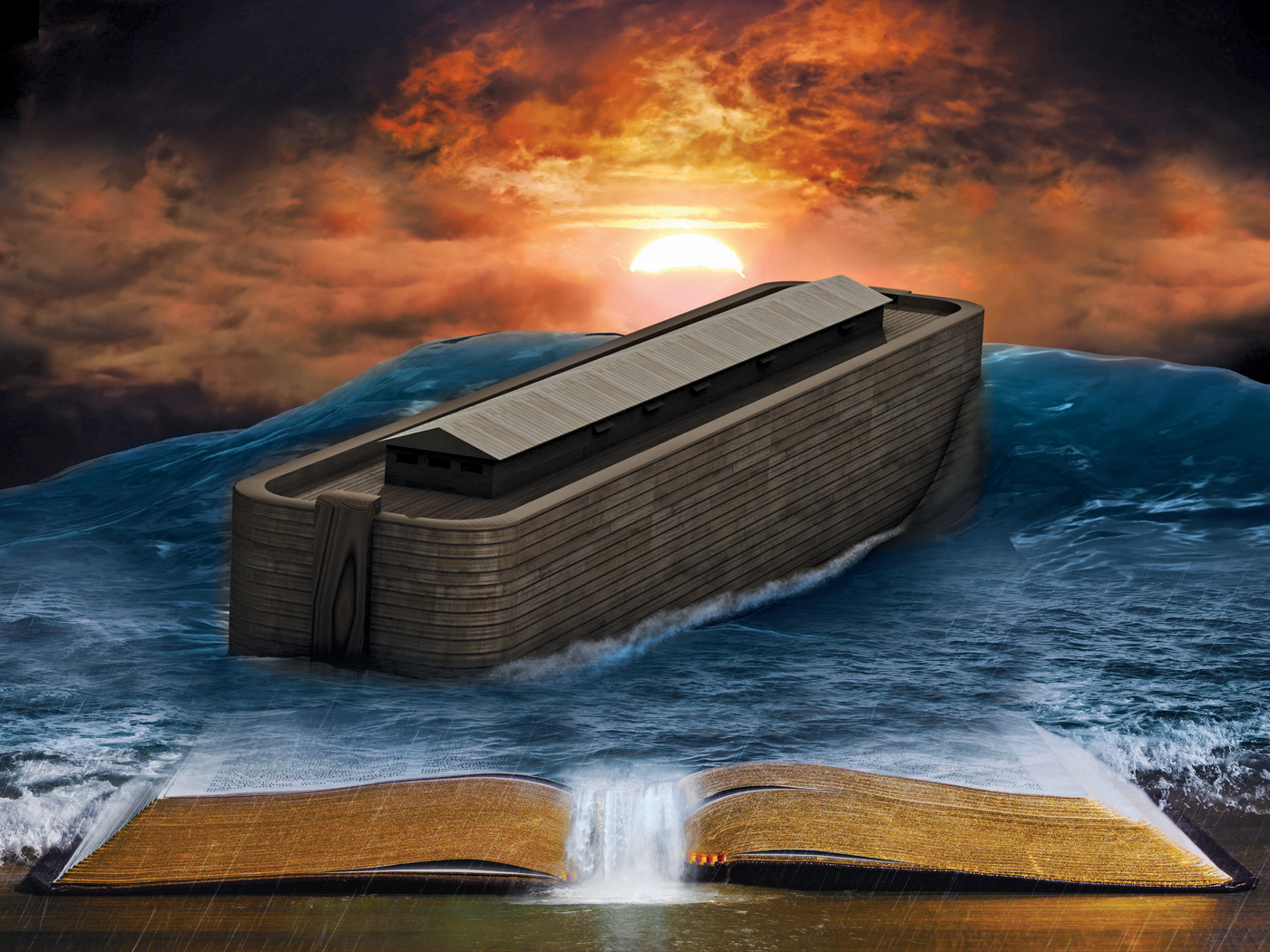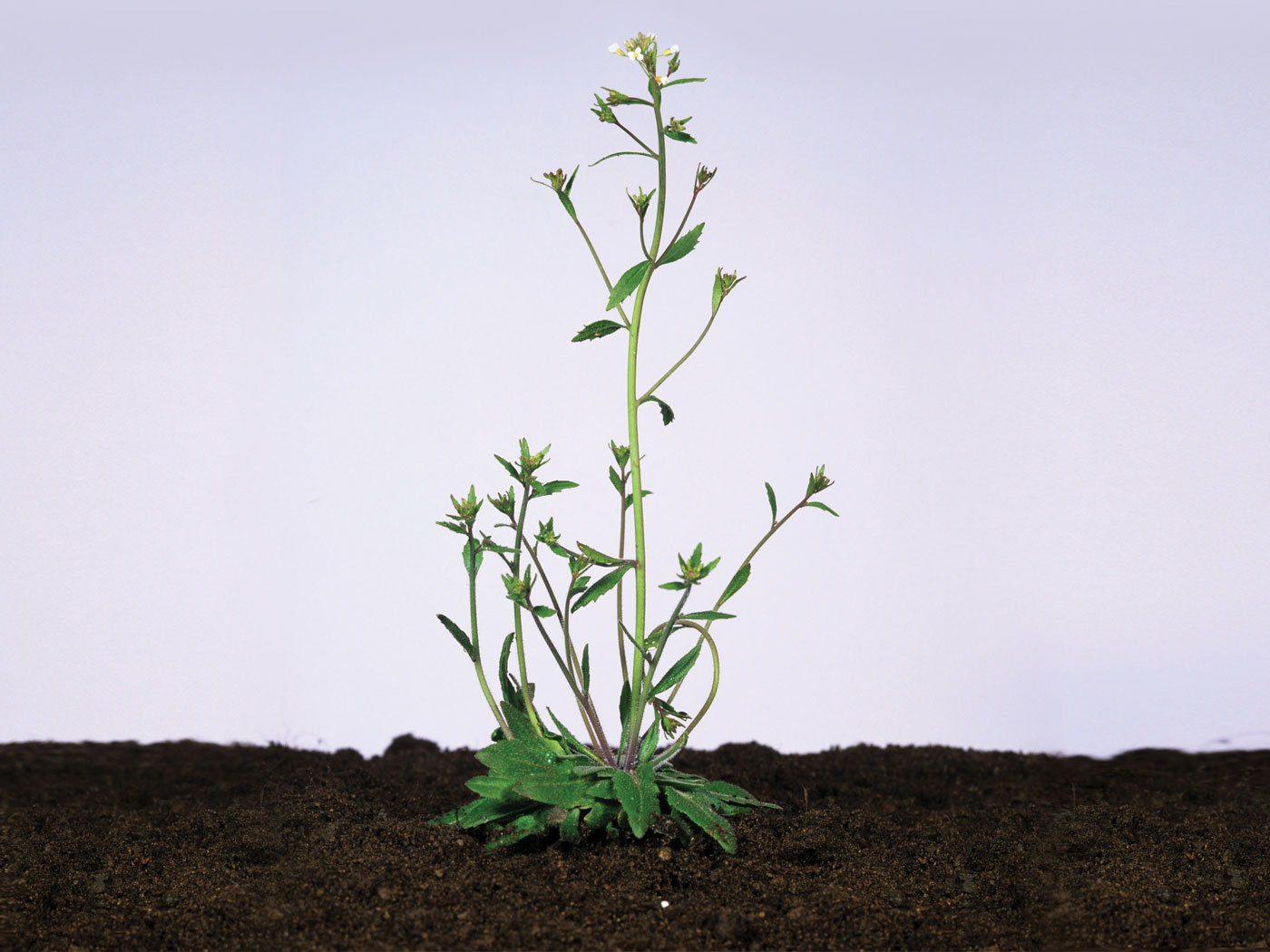Search Tools
New Defender's Study Bible Notes
22:1 why hast thou forsaken me. Psalm 22 is an amazing prophetic description of the future crucifixion of God’s Son. This psalm was written a thousand years before its fulfillment and described in graphic detail the sufferings of Christ on the cross, long before the method of crucifixion was known and practiced among the Jews and Romans. It opens with the central of the “seven words” from the suffering Savior: ”Why?” (Matthew 27:46). The other “seven words” are located in order: Luke 23:34; 23:43; John 19:26,27; John 19:28,30; and Luke 23:46.
22:1 my roaring. Christ was not physically “roaring” (or “groaning,” as many modern versions incorrectly translate this word). The “roaring,” like that of David (Psalm 32:3) when convicted of his great sin, was in His very bones, as a result of His bearing in His body the sin of the whole world as God’s great sacrifice (John 1:29).
22:2 night season. This is evidently a reference to the supernatural three-hour darkness at the height of His sufferings (Matthew 27:45).
22:3 thou art holy. Here is the reason for the darkness and the silence of God. God had made the sacrificial Lamb “to be sin for us” (II Corinthians 5:21), and a holy God could not “look on iniquity” (Habakkuk 1:13).
22:6 worm. On the cross, the Lord Jesus called himself a “scarlet worm.” This same word refers to the worm from which the Israelites of that day obtained their red dyes and is usually translated “crimson” or “scarlet.” The female worm of this species, when laying her eggs, affixes her body to a wood surface on which she will die after the young are born. The wood, her body, and the young are reddened with the death of the life-giving mother. In a similar image the Lord Jesus made “peace through the blood of His cross” (Colossians 1:20).
22:8 let him deliver him. This was exactly the mocking cry of those enemies of Jesus around the cross who instigated His execution (Matthew 27:43).
22:10 from the womb. Christ’s miraculous conception and birth were unique among men. He did not need to be converted to God sometime after He was born, like other men with inherited sin-natures.
22:13 roaring lion. The picture seems to be one of an assembly of the wicked spirits of darkness gleefully prancing about His cross, waiting to swallow Him up—Satan, the roaring lion (I Peter 5:8), mighty bulls, and dogs and unicorns (Psalm 22:12, 16, 21). These references could mean demon-controlled men, but are actually invisible powers of darkness. Nevertheless, “having spoiled principalities and powers, He made a shew of them openly, triumphing over them in it” there at “His cross” (Colossians 2:14,15).
22:14 it is melted. The awful sufferings of crucifixion involved the gravitational dismantling of the bone joints, the collapse of the heart cavity, and finally a gushing of both blood and water (John 19:34) when the soldier’s spear pierced His side.
22:15 my tongue cleaveth. Indescribable thirst was induced in the midday sun (John 19:28).
22:16 dogs have compassed me. It is possible that the reference to “dogs” was a euphemism for a crowd of sodomites (Deuteronomy 23:17-18).
22:16 pierced my hands. The piercing of His hands and feet is a clear reference to the nails which affixed Him to the cross (note also John 20:25-28; Zechariah 12:10; 13:6; John 19:37; Revelation 1:7).
22:18 cast lots upon my vesture. The unusual action of gambling for His vesture is prophesied here and is one of the very few events recorded in all four gospels (Matthew 27:35; Mark 15:24; Luke 23:34; John 19:24).
22:20 my darling. In the Greek Septuagint translation of the Old Testament, “darling” is monogenes, used in John 3:16 and elsewhere to identify Jesus as God’s “only begotten” Son.
22:21 thou hast heard me. At the very climax and completion of His sufferings, as He was about to be impaled on the mighty horns of the unicorns and swallowed by the ravening lion, the Father finally heard His cry, and delivered Him.
22:22 midst of the congregation. At this point in the psalm the theme suddenly changes from suffering to praise. The debt for sin has been fully paid, and our sin-bearer becomes our great praise-leader. His congregation at the foot of the cross was very small—His mother, John, and the other women. One day His praise would be in the midst of not just “two or three...gathered together in my name” (Matthew 18:20), but of “the great congregation” (Psalm 22:25), “the general assembly and church of the firstborn, which are written in heaven” (Hebrews 12:23).
22:22 praise. It is strikingly significant that this first mention of the verb “praise” (Hebrew hallal) in the book of Israel’s praises, as the Book of Psalms was called, is at Psalm 22:22. This surely seems more than coincidence, for twenty-two is the number of letters in the Hebrew alphabet. The chapter and verse structure in the Book of Psalms, unlike the rest of the Bible, was there from the beginning. Thus, the very purpose of human language is to praise our Creator and Savior, and the great occasion of praise is His victory over sin and death on the cross.
22:27 All the ends of the world. As a result of His work on the cross, His followers will be His witnesses “unto the uttermost part of the earth” (Acts l:8).
22:31 shall be born. As the great message is carried to “all the ends of the world” (Psalm 22:27), the spiritual “seed” (Psalm 22:23,30) that “shall be born” because of His death will testify “that He hath done this”—literally, that as He cried from the cross (John 19:30), “It is finished!”






